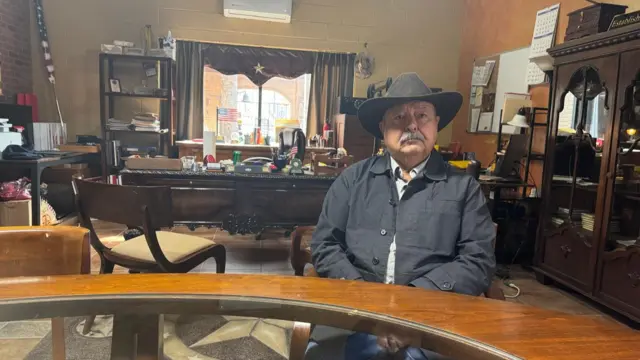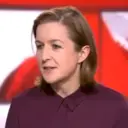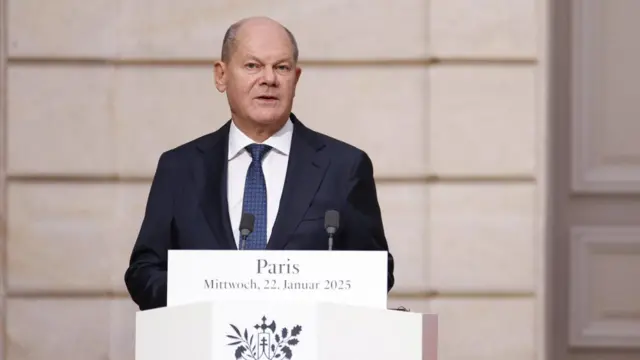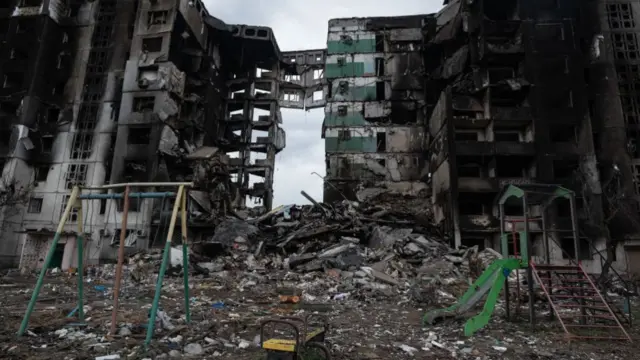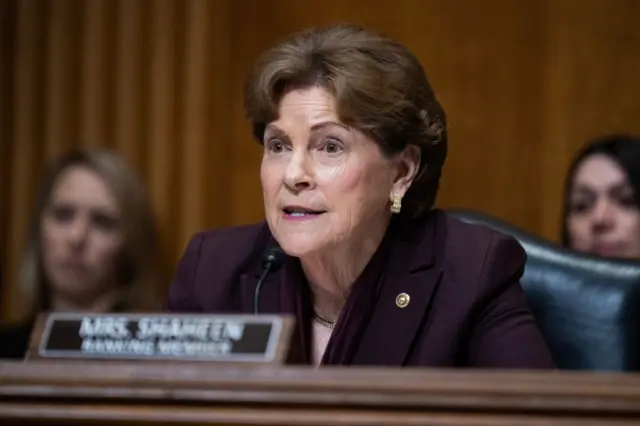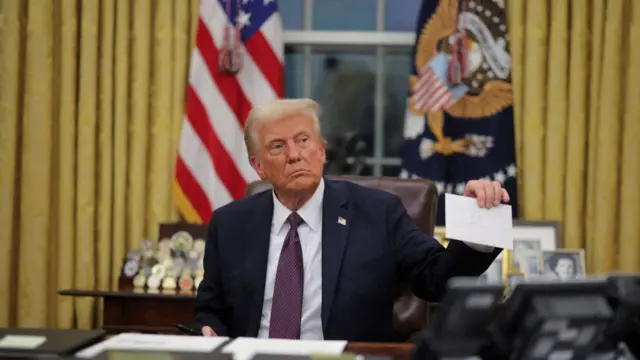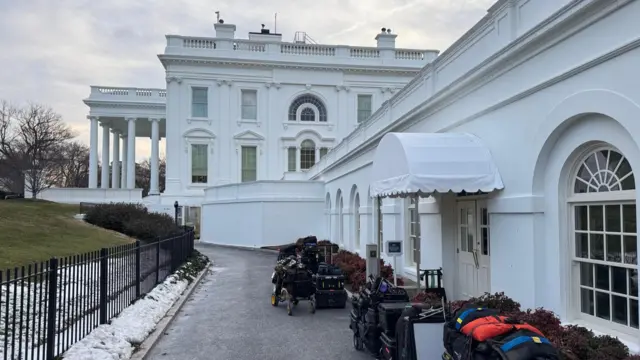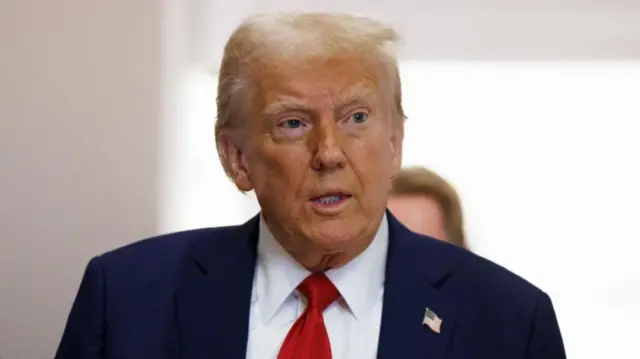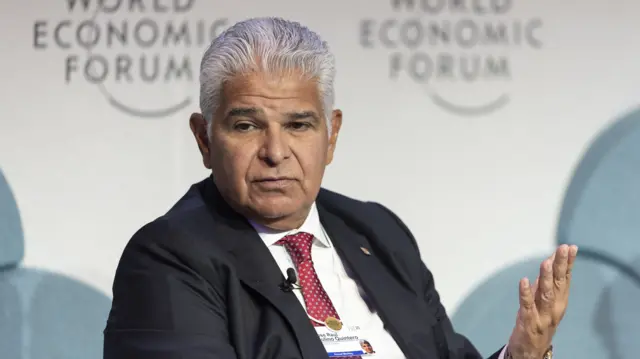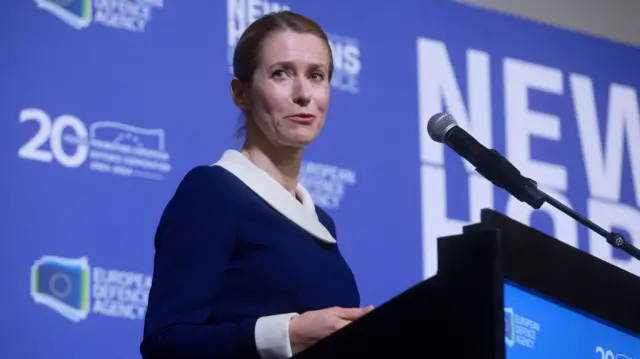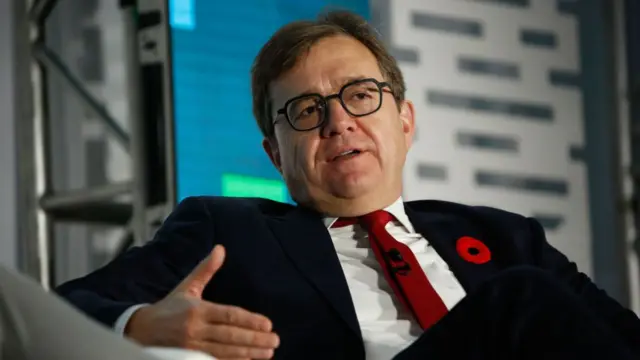Sean Hannity says Trump 'dialled in' following interview due to air tonightpublished at 18:39 GMT 22 January
 Bernd Debusmann Jr
Bernd Debusmann Jr
Reporting from the White House
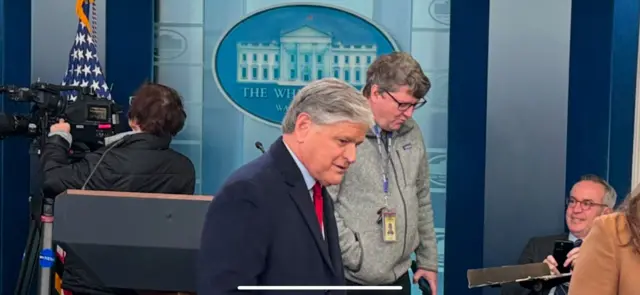
Just a few minutes ago, I left my desk in the basement of the White House's press area, seeking sunlight and a snack.
Upstairs in the briefing room, I ran into Fox News host Sean Hannity, who briefly spoke to a few reporters on his way out of the White House after his interview with President Trump - which is due to air at 2100 EST (02:00GMT).
Hannity told us that Trump is "focused" and "happy" as he begins his second term at the White House.
"He has a big agenda," he added. "He's dialled in."
"It was fun," Hannity said of the interview, before joking that he's excited about returning to his home in Florida after his visit to frigid Washington DC.
